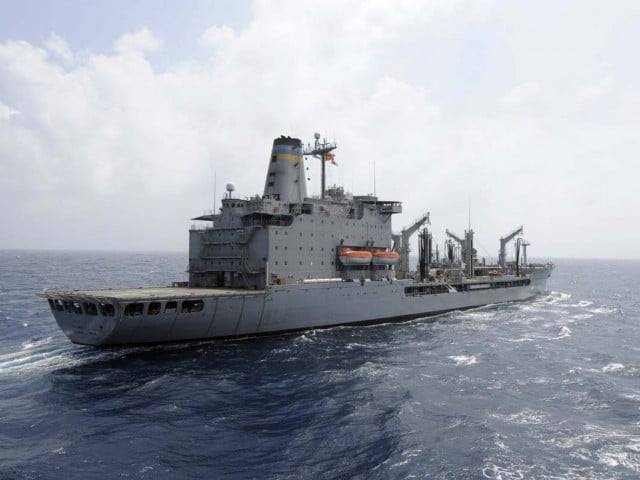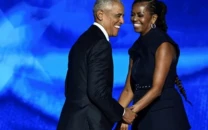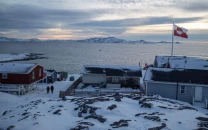India irked by US 'freedom of navigation operation' near its border
Reaction comes after USS John Paul Jones ‘asserted navigational rights inside India’s exclusive economic zone’

India on Friday objected to a US Navy ship conducting a “freedom of navigation” operation in its exclusive economic zone without its prior consent.
"We have conveyed our concerns regarding this passage through our EEZ to the government of USA through diplomatic channels,’’ Associated Press quoted Indian External Affairs Ministry spokesperson Arindam Bagchi as saying.
The US 7th Fleet said on Wednesday that the USS John Paul Jones “asserted navigational rights and freedoms approximately 130 nautical miles west of the Lakshadweep Islands inside India’s exclusive economic zone without requesting India’s prior consent, consistent with international law.”
“India requires prior consent for military exercises or maneuvers in its exclusive economic zone or continental shelf, a claim inconsistent with international law,” the statement said. “This freedom of navigation operation (“FONOP”) upheld the rights, freedoms and lawful uses of the sea recognised in international law by challenging India’s excessive maritime claims.”
Noting that US forces operate in the Indo-Pacific region on a "daily basis," the statement said all “operations are designed in accordance with international law” and “demonstrate that the United States will fly, sail and operate wherever international law allows.”
Abhijit Singh, a senior fellow at the New Delhi-based Observer Research Foundation (ORF), told Anadolu Agency that while the US Navy carried out freedom of navigation patrols close to the Andaman and Nicobar islands in 2015, this is the first time that such an operation has been conducted near the Lakshadweep Islands.
“A US operation close to the more ‘strategic’ Andaman Islands would have been far more controversial, guaranteed to draw a response from Delhi,” said Singh, who heads the maritime policy initiative at ORF.
Stating that the US Navy’s choice of the Lakshadweep Islands is not “incidental,” Singh said the Indian government can afford to give a US freedom of navigation patrol near the islands “the go-by.”
“That is because maritime boundaries around the LKW [Lakshadweep Islands] are far more settled than the ANI (Andaman and Nicobar Islands), where straight baselines have in the past raised some uncomfortable questions," he said.
“It is a mystery as to why the US has done it at a time when US-Indian maritime cooperation is at an all-time high,” Manoj Joshi, a former member of India's National Security Advisory Board, told Anadolu Agency. “Maybe the US would like to underscore what it means by upholding a ‘rules-based international order.’"
Future implications
“India has experienced other FONOPS in recent years, so I don't think it will make a big issue of this,” he said. “But this has wider implications for the future. Other navies could also begin to challenge India's claims, whether they relate to prior consent for military activity in our EEZ [exclusive economic zone] or the straight baselines in Lakshadweep.”
The US 7th Fleet added in its statement on Wednesday that “we conduct routine and regular Freedom of Navigation Operations (FONOPs), as we have done in the past and will continue to in the future. FONOPs are not about one country, nor are they about making political statements.”



















COMMENTS
Comments are moderated and generally will be posted if they are on-topic and not abusive.
For more information, please see our Comments FAQ